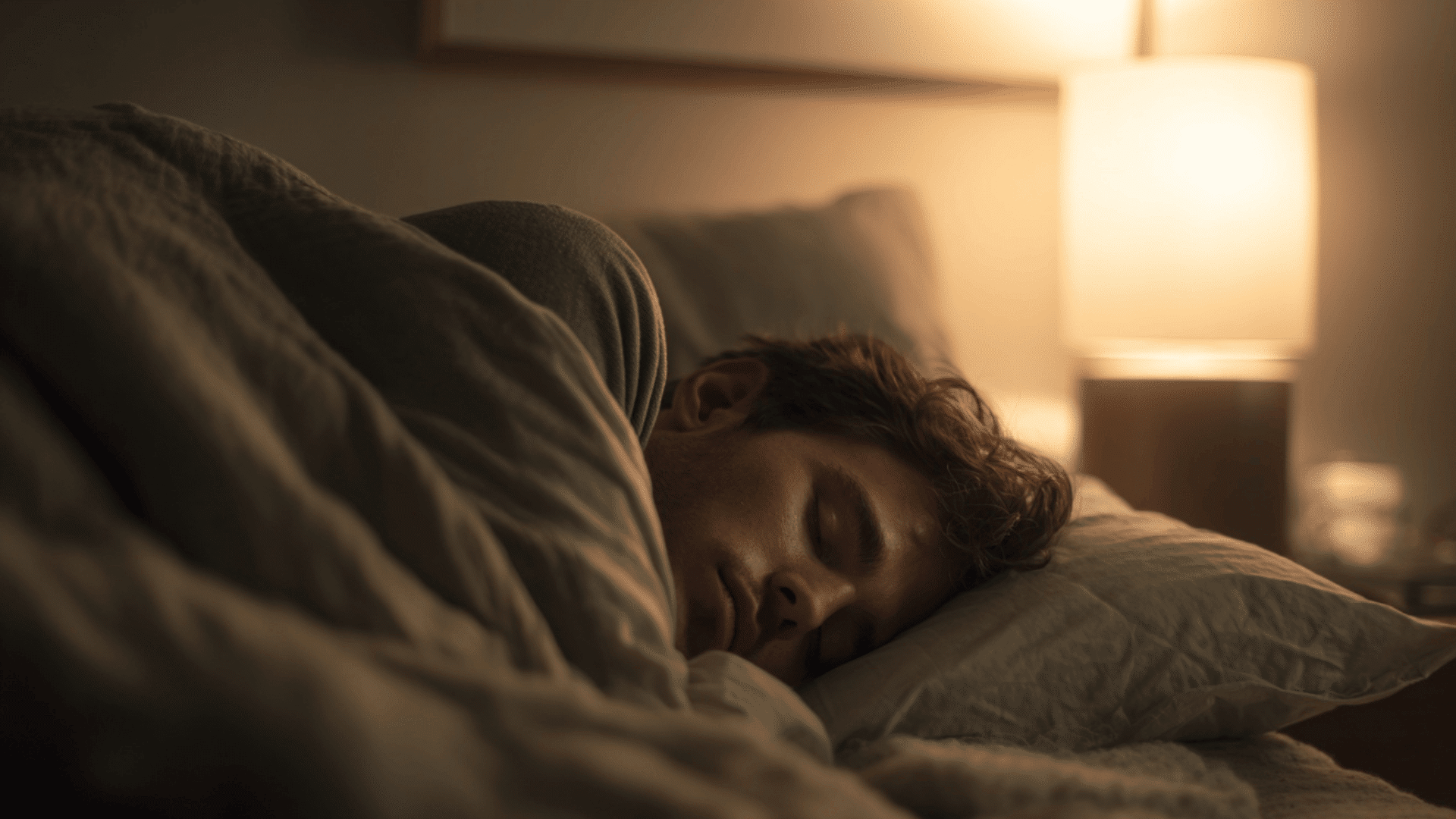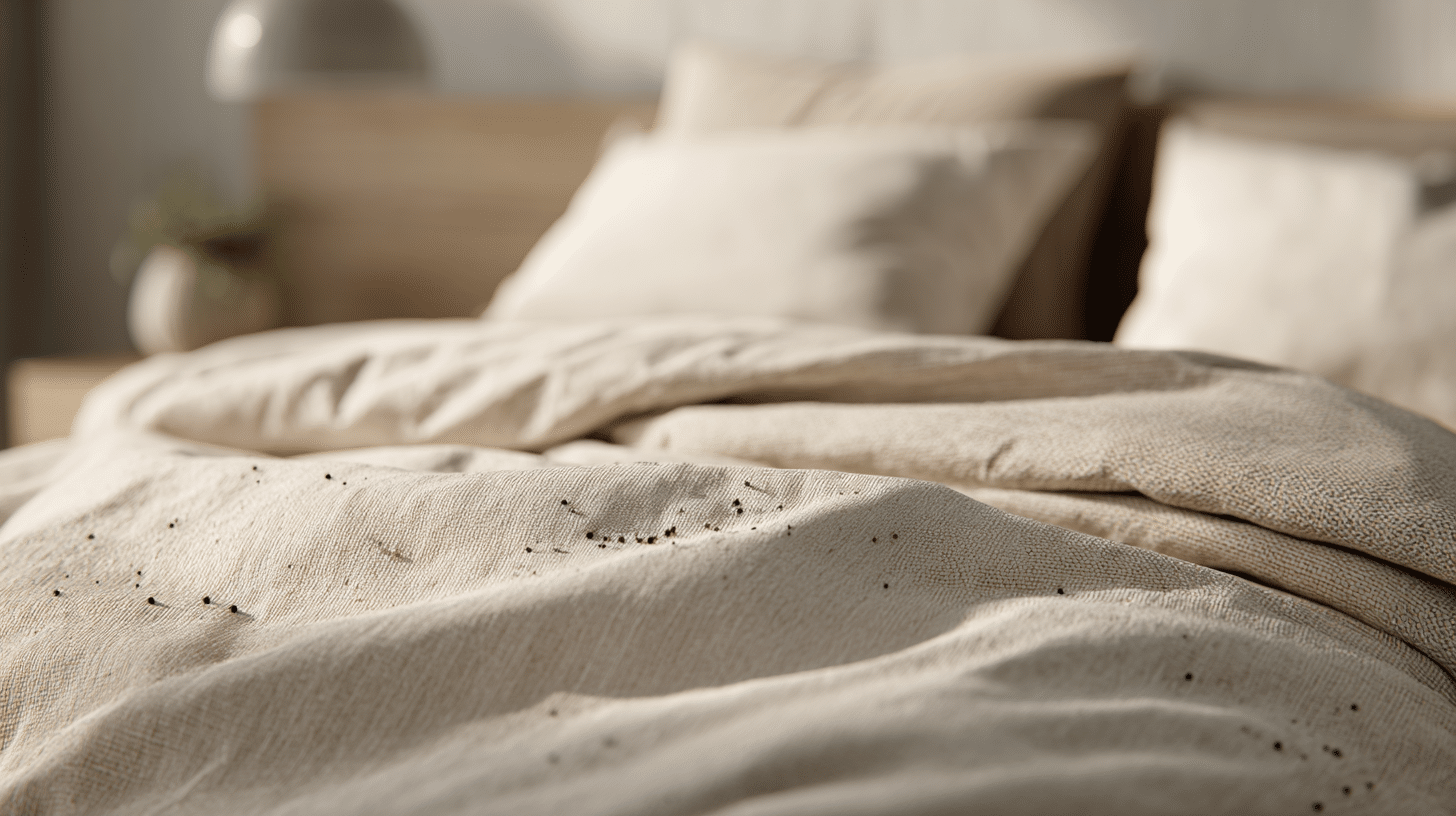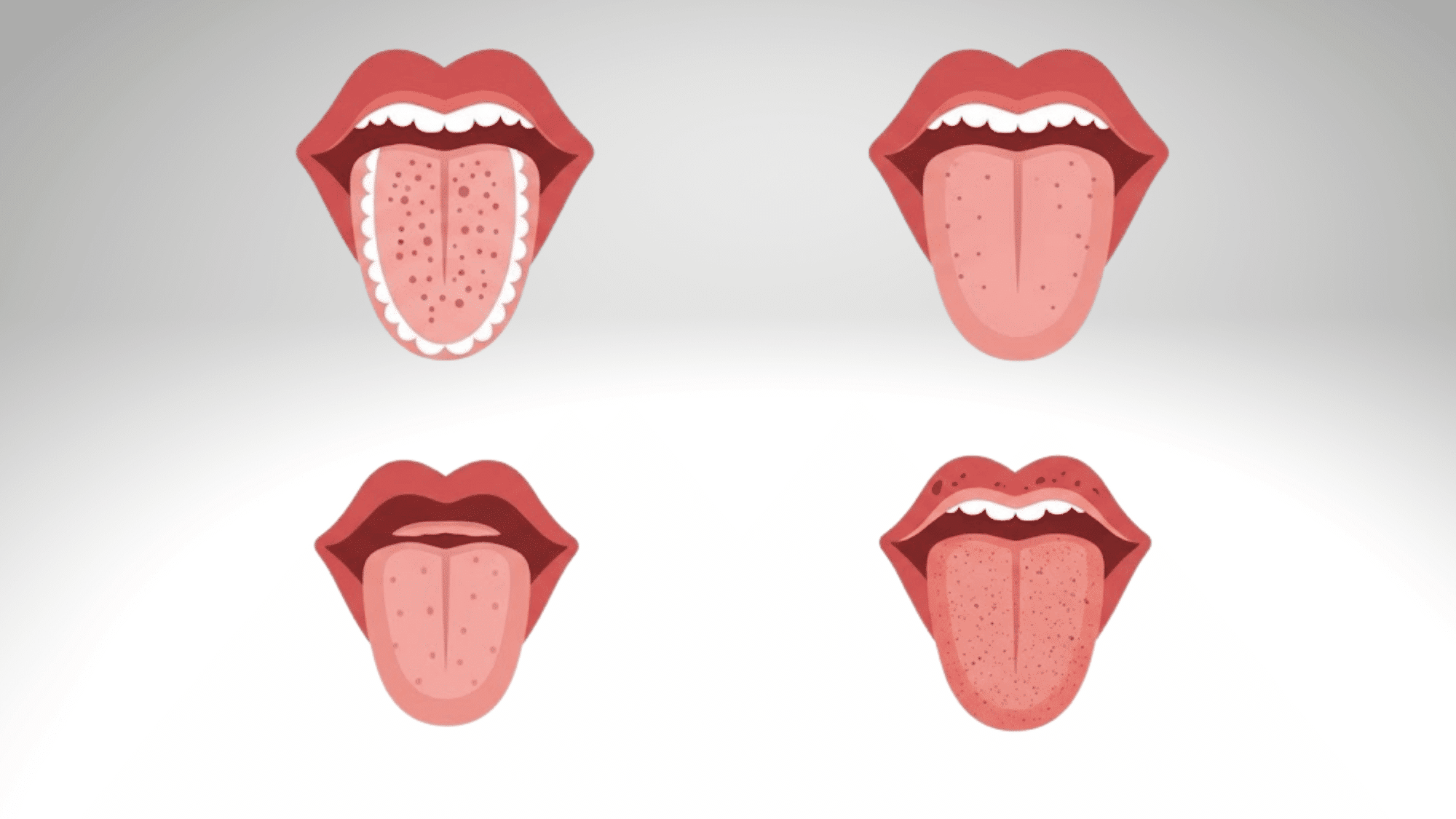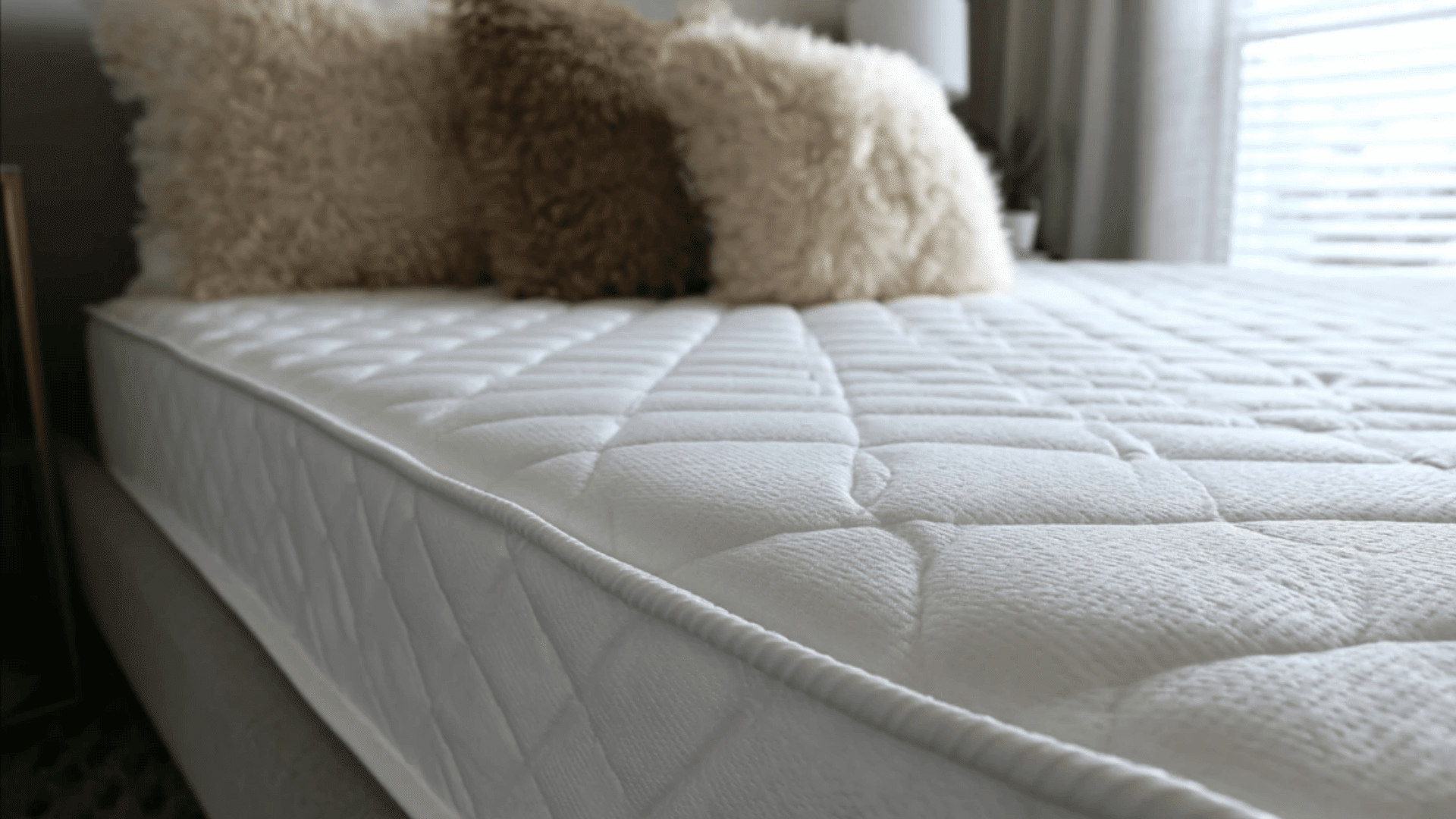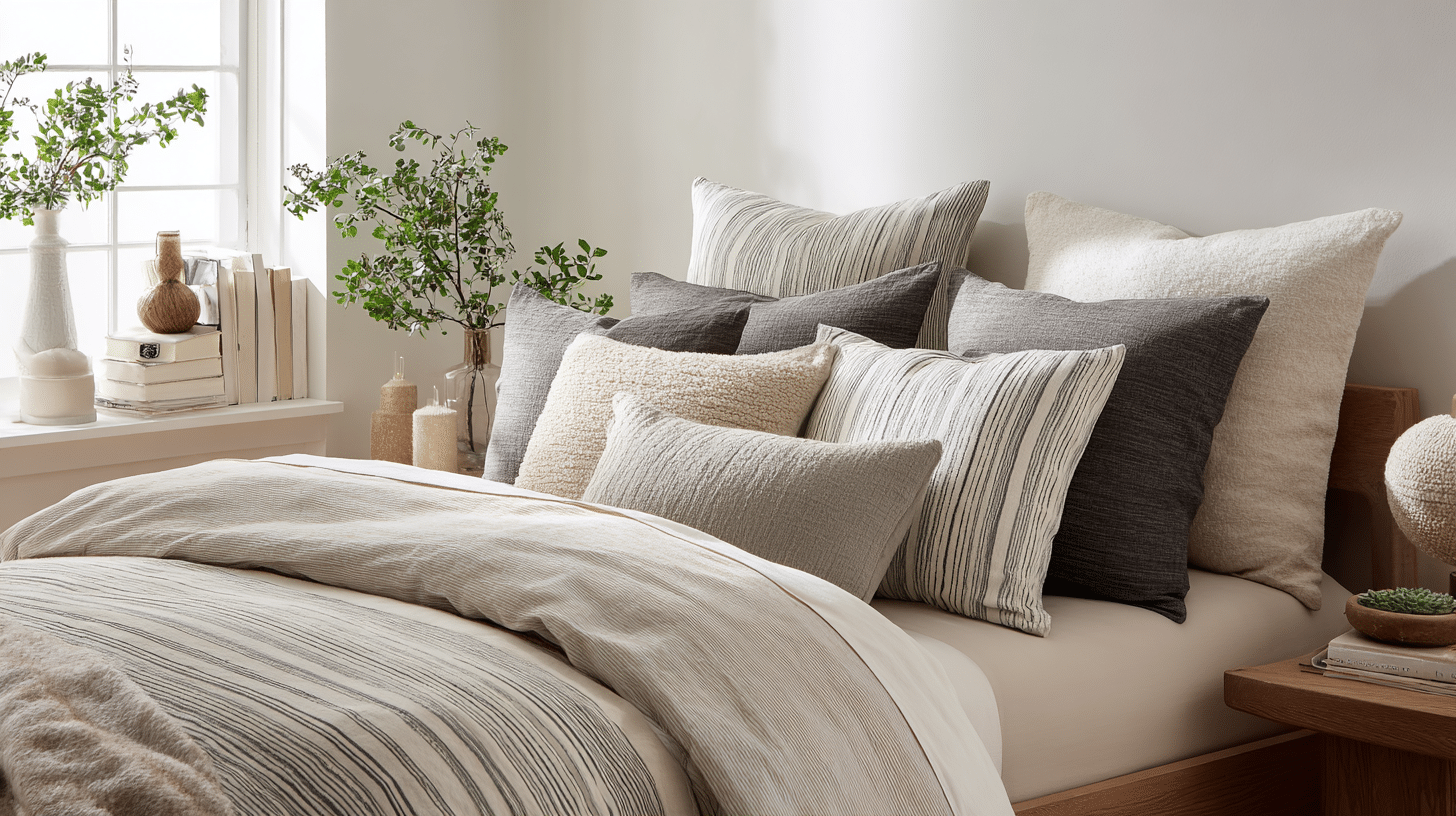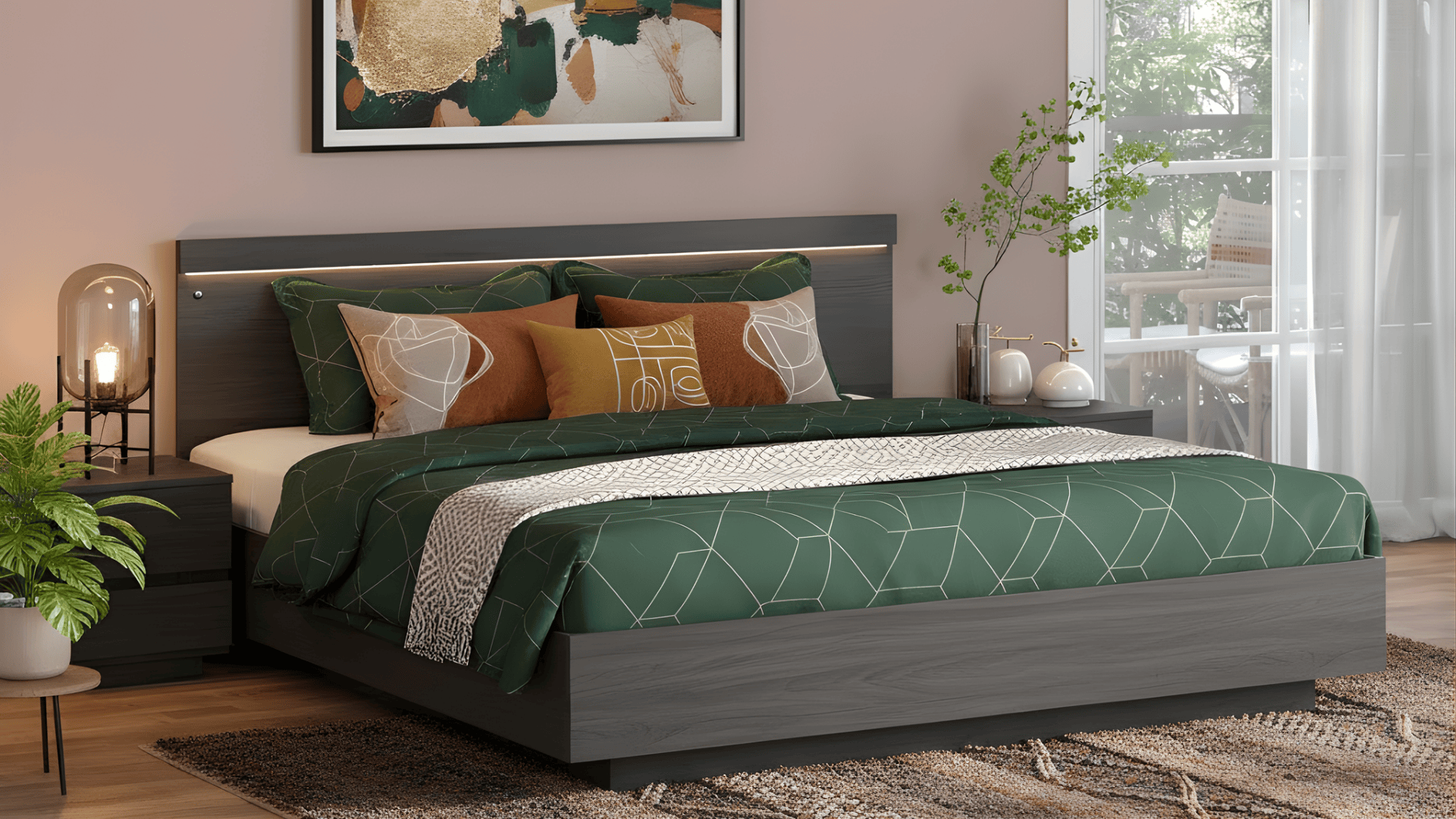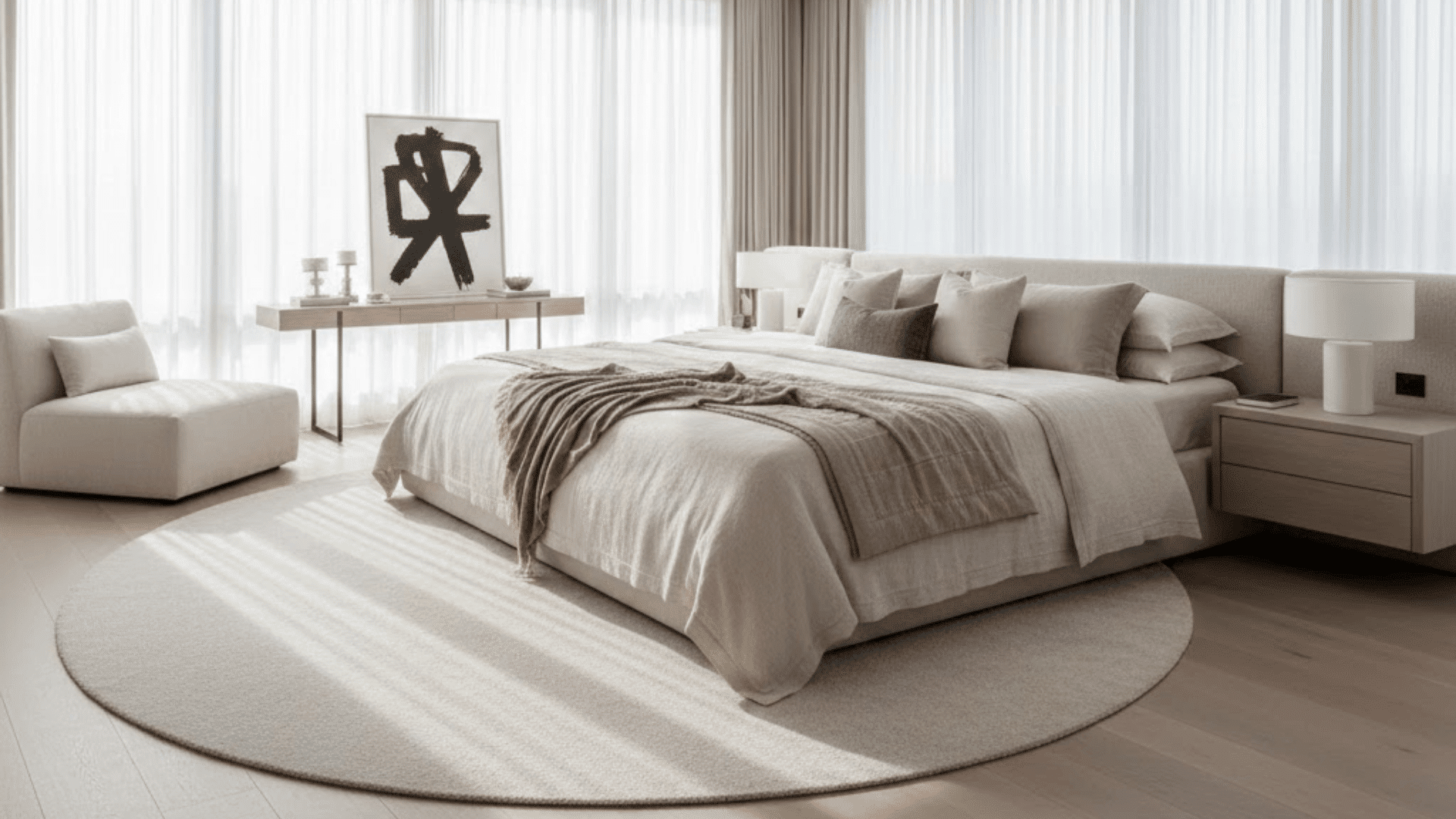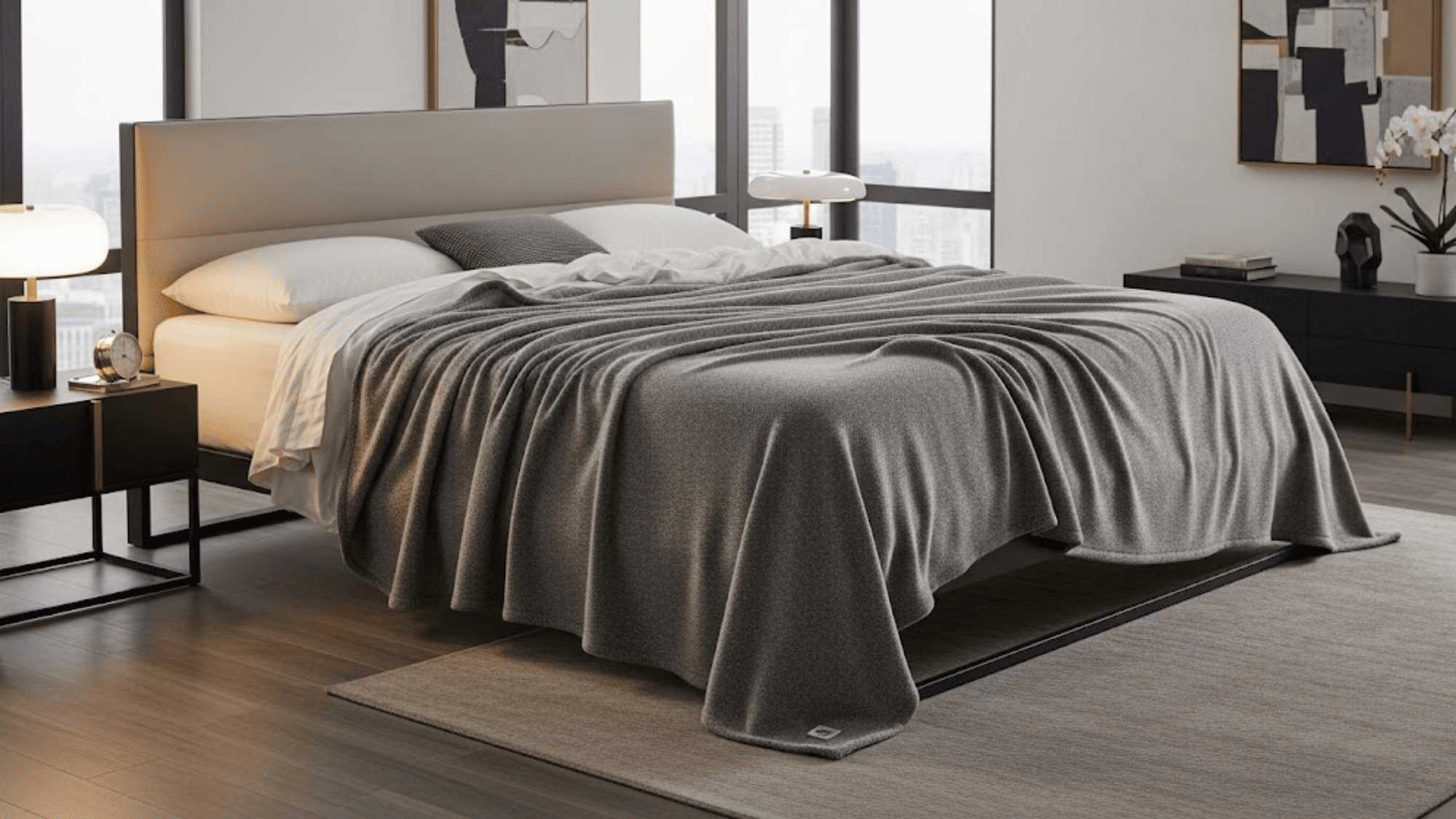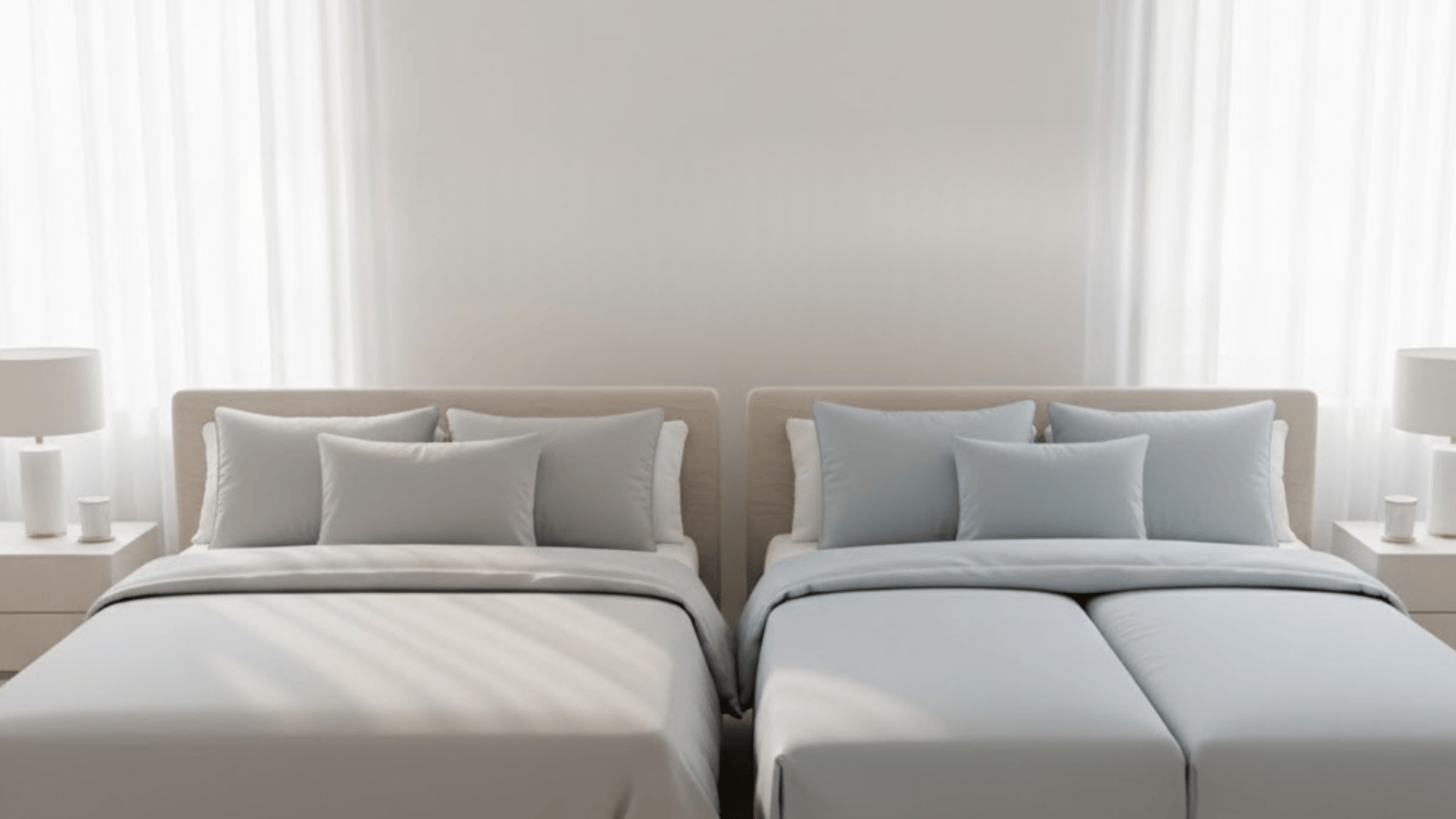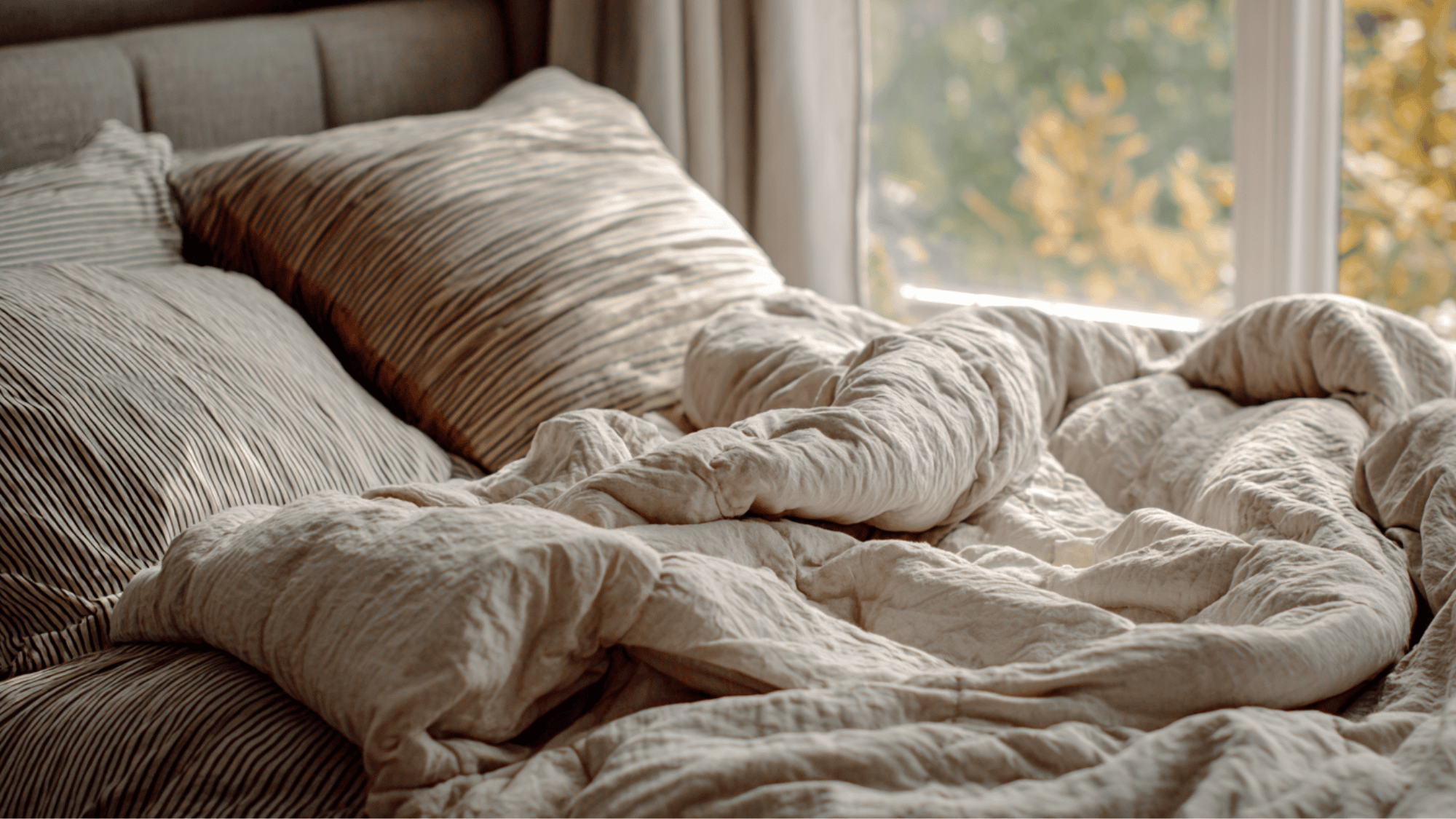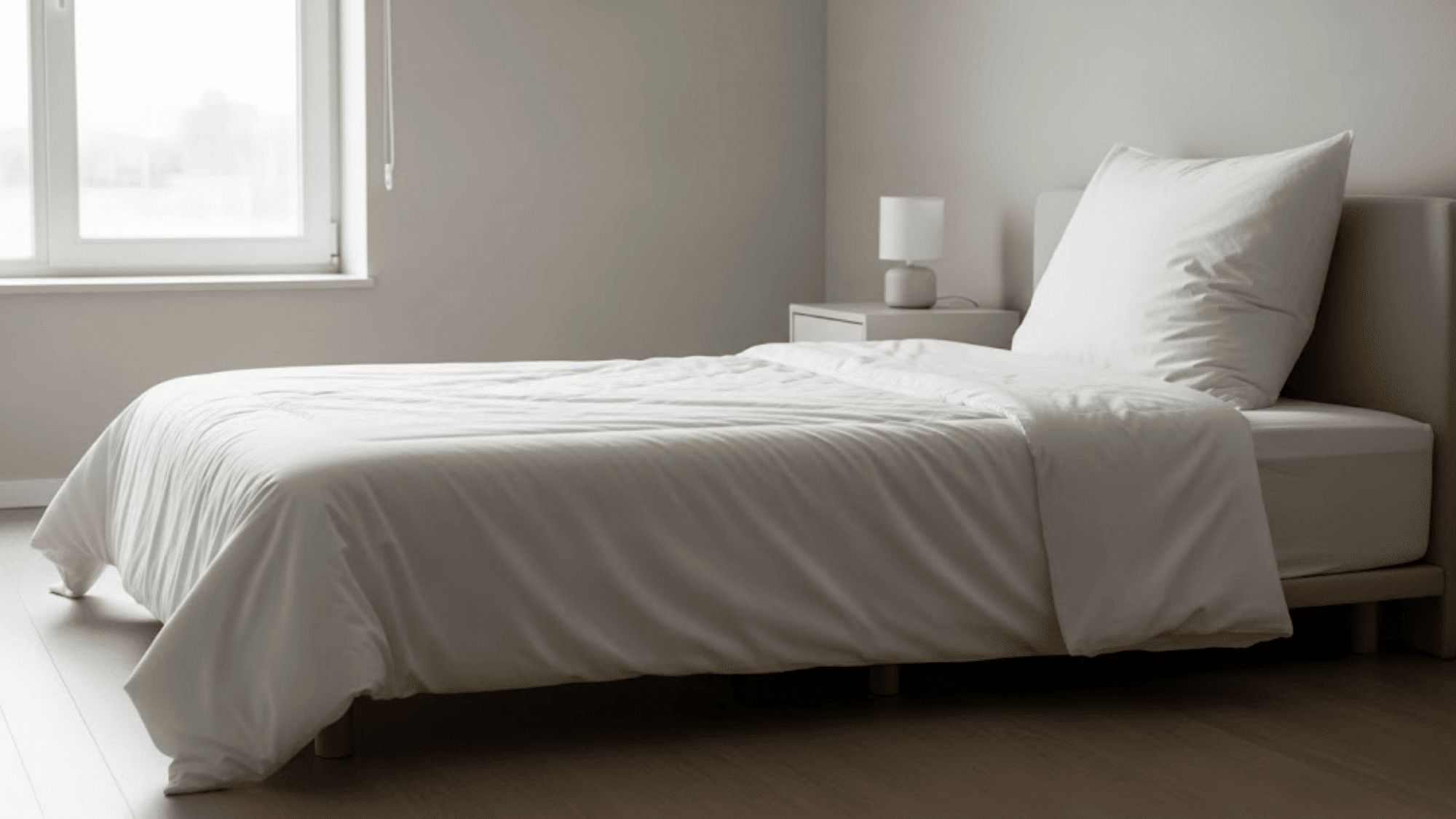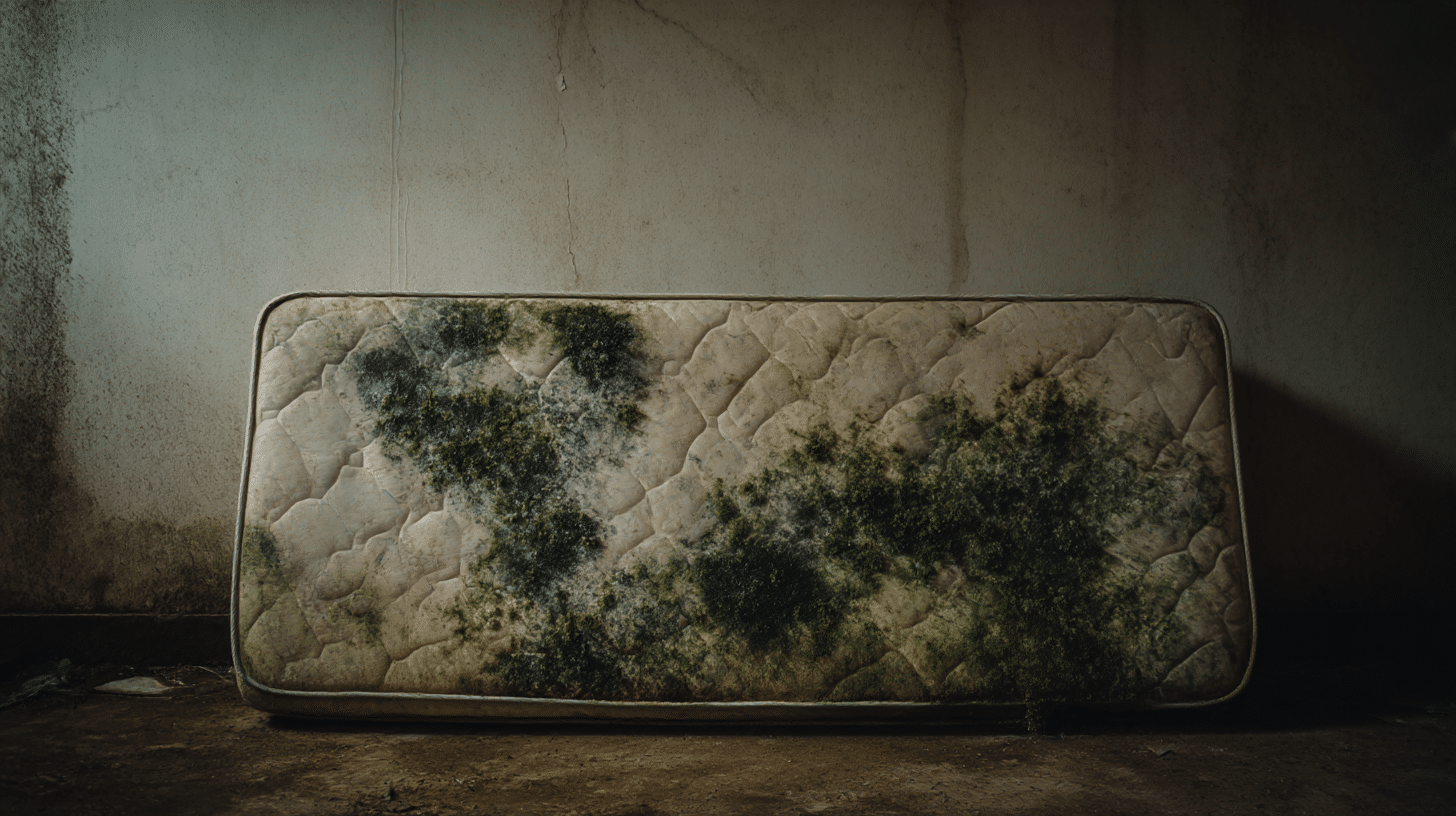Sleep apnea disrupts millions of lives worldwide, causing interrupted breathing during sleep and leaving sufferers exhausted during the day.
While CPAP machines remain the gold standard treatment, many people want to know how to fix sleep apnea without CPAP using natural, non-invasive approaches at home.
These remedies focus on lifestyle changes, breathing improvements, and sleep hygiene practices.
They can significantly reduce symptoms in mild to moderate cases and should always complement professional medical advice.
With consistency, many people experience better sleep, improved energy, and healthier daily living.
Can You Treat Sleep Apnea at Home Without a CPAP?
Natural remedies can effectively manage mild to moderate sleep apnea symptoms by addressing root causes such as weight, sleep position, and airway health.
While these methods may not completely stop severe cases, they often reduce frequency and intensity significantly.
Long-term success requires consistent lifestyle adjustments. Many people see improvements within weeks of applying multiple strategies together.
For severe cases, professional medical treatment combined with natural approaches provides the best outcomes.
Natural Remedies to Manage Sleep Apnea at Home
Managing sleep apnea naturally requires a multifaceted approach that addresses the various factors contributing to airway obstruction during sleep.
These nine evidence-based remedies have helped countless individuals reduce their symptoms and improve sleep quality without relying solely on medical devices.
1. Weight Loss and Healthy Diet


Excess weight, particularly around the neck and throat, increases airway compression during sleep. Even modest weight reduction can dramatically improve symptoms.
Focus on whole foods, lean proteins, and anti-inflammatory ingredients. Studies show that losing just 10% of body weight can reduce sleep apnea severity by up to 26% in overweight individuals.
Pro Tip: Track your progress with a food diary and weekly measurements rather than daily weigh-ins, as consistent small changes compound over time for lasting results.
2. Sleep Position Adjustment
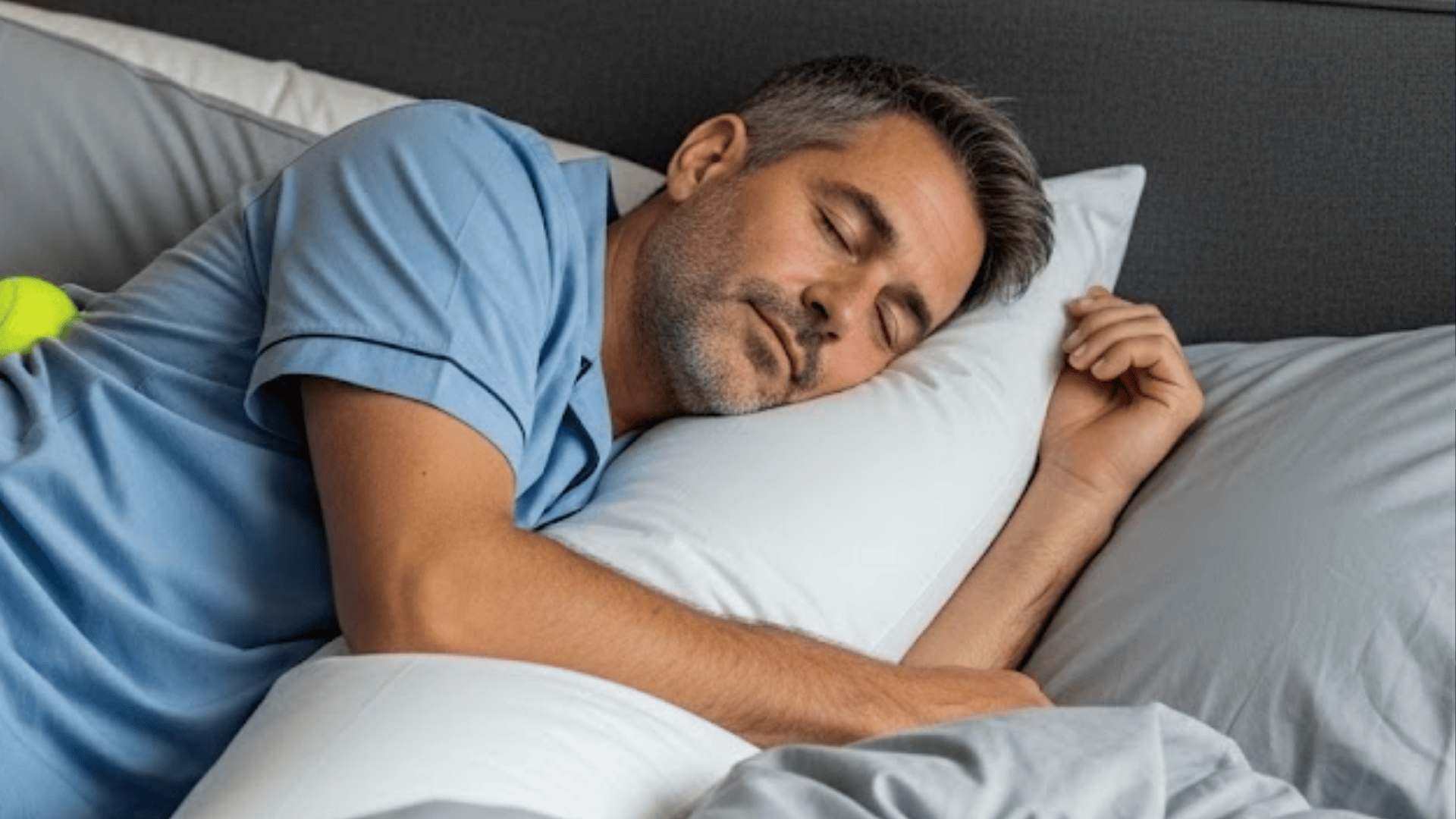

Sleeping on your back allows gravity to collapse throat tissues, worsening apnea episodes. Side sleeping keeps airways more open and reduces symptom severity.
Use body pillows, wedge pillows, or even tennis balls sewn into pyjama backs to prevent rolling onto your back.
Many people notice immediate improvement simply by changing their sleep position, making this one of the easiest remedies to implement.
Pro Tip: Place a full-length body pillow behind your back when side sleeping to create a physical barrier that prevents rolling over during the nigh
3. Nasal Breathing and Decongestion Remedies
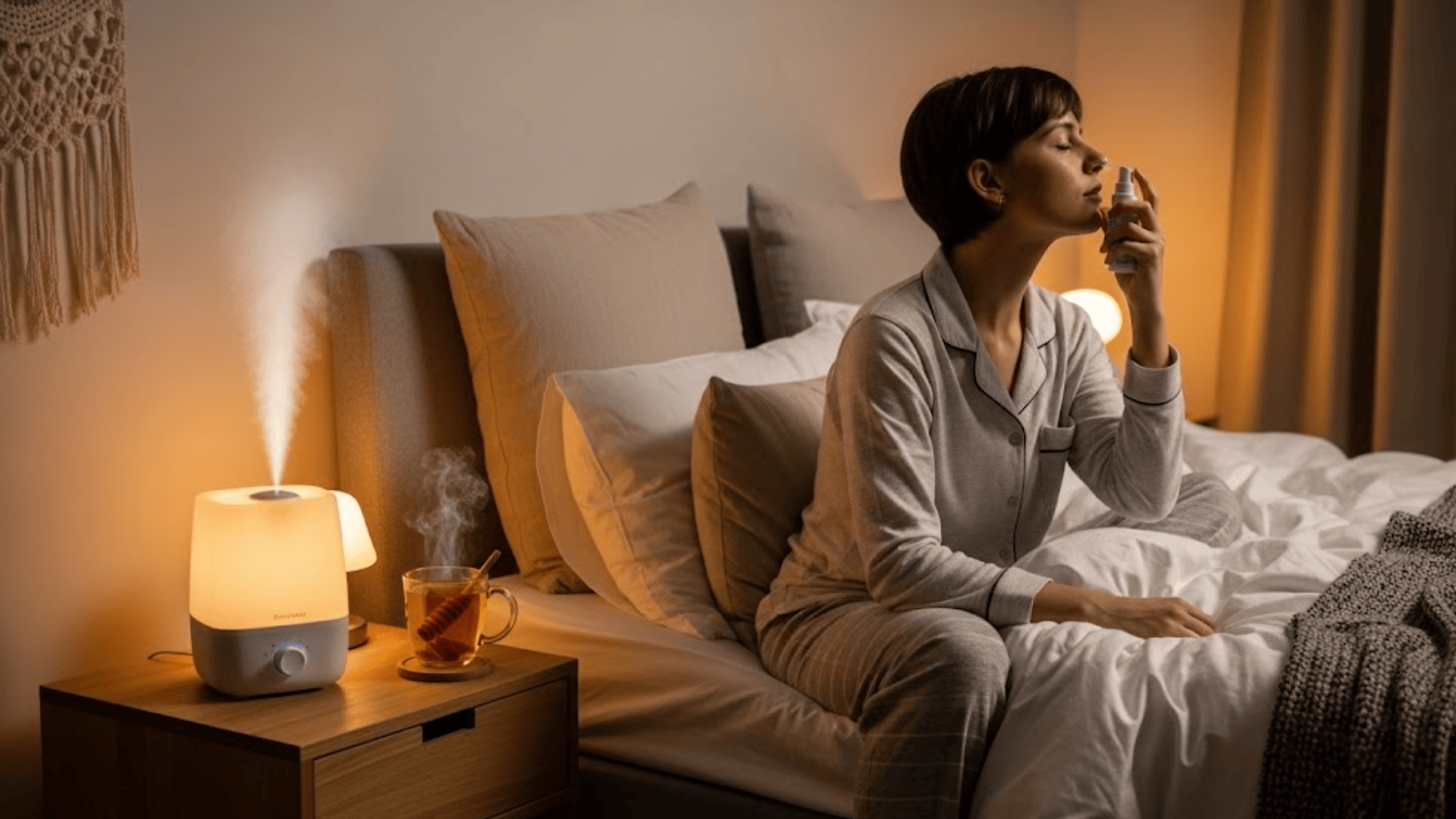

Clear nasal passages promote better airflow and reduce mouth breathing, which worsens sleep apnea. Use saline nasal rinses, steam inhalation with essential oils, and maintain proper humidity.
Consider natural decongestants like ginger tea or honey before bed.
Keeping nasal passages moist and open promotes nose breathing, which naturally filters and humidifies air while maintaining better oxygen flow throughout the night.
Pro Tip: Perform nasal rinses 2-3 hours before bedtime rather than immediately before sleep to allow any residual water to drain and prevent middle-of-the-night congestion.
4. Throat and Tongue Exercises (Oropharyngeal Therapy)
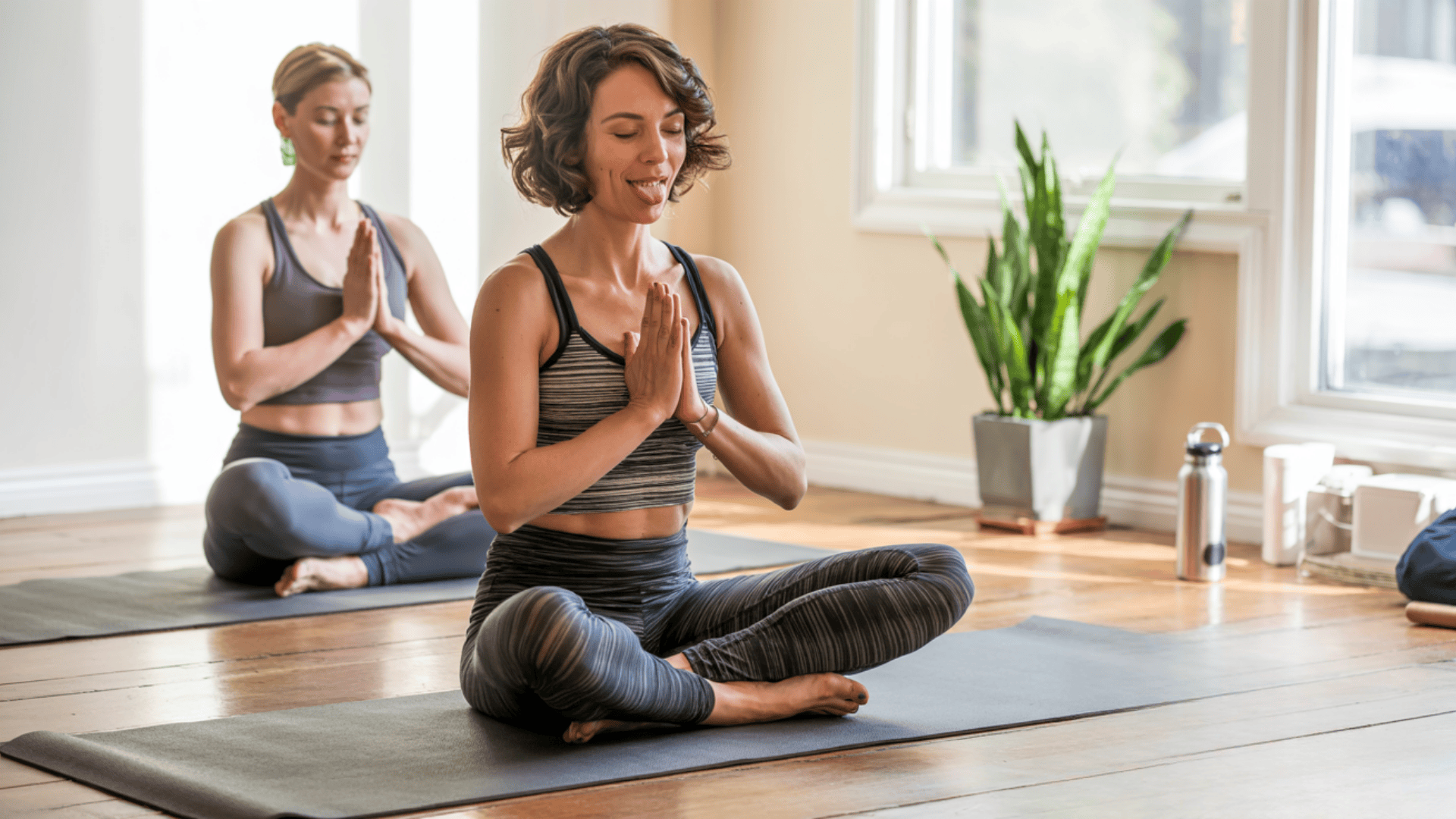

Strengthening throat and tongue muscles through targeted exercises can reduce airway collapse during sleep.
Clinical studies demonstrate that consistent oropharyngeal exercises performed for 15-20 minutes daily can reduce sleep apnea severity by up to 39% after three months of regular practice.
Pro Tip: Set a daily phone reminder and perform these exercises during routine activities like driving or watching TV to build consistency without adding extra time to your schedule.
5. Herbal Remedies and Natural Supplements
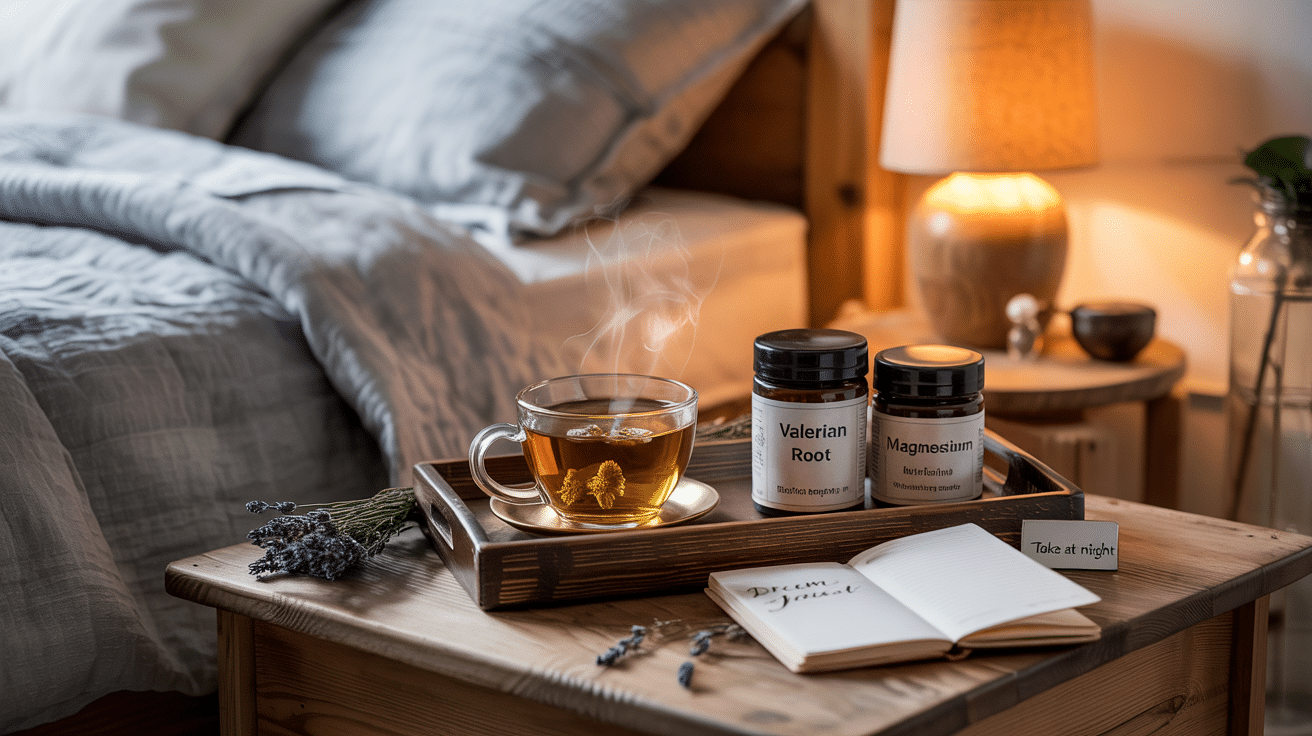

Certain herbs and supplements support better sleep quality and muscle relaxation. Chamomile tea promotes relaxation, while valerian root may improve sleep depth.
Magnesium helps relax muscles and supports nervous system function. Melatonin can regulate sleep cycles, though timing is crucial.
Always consult healthcare providers before starting supplements, as they can interact with medications or have side effects in some individuals.
Pro Tip: Start with one supplement at a time for 2-3 weeks to identify which ones work best for your body before combining multiple options.
6. Quit Smoking and Reduce Alcohol Intake
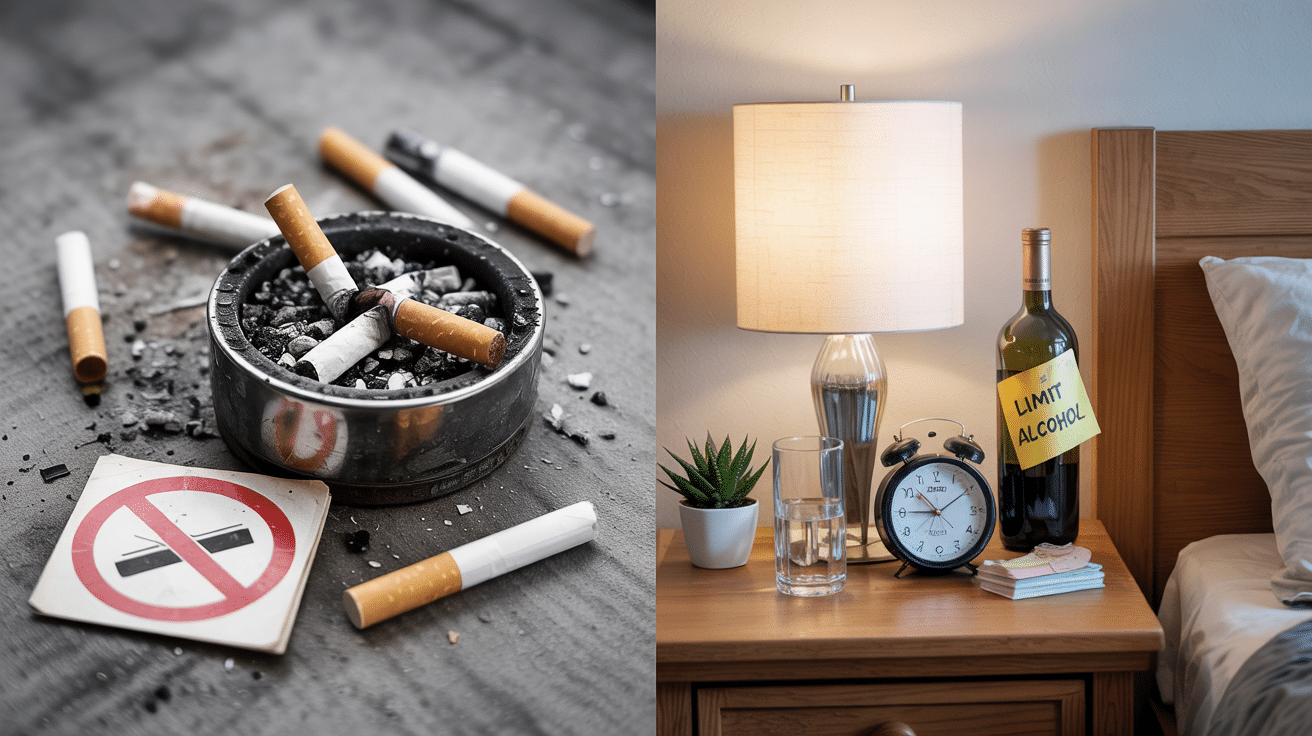

Smoking irritates and inflames the throat tissues, increasing swelling and narrowing airways. The chemicals in tobacco also disrupt sleep patterns and reduce oxygen levels.
Alcohol relaxes throat muscles excessively, making airway collapse more likely during sleep.
Quitting smoking and limiting alcohol, especially within three hours of bedtime, can lead to noticeable improvements in sleep quality and breathing patterns within weeks.
Pro Tip: Replace evening alcoholic drinks with herbal teas or sparkling water with lemon to maintain the ritual while supporting better sleep quality.
7. Humidifiers in the Bedroom
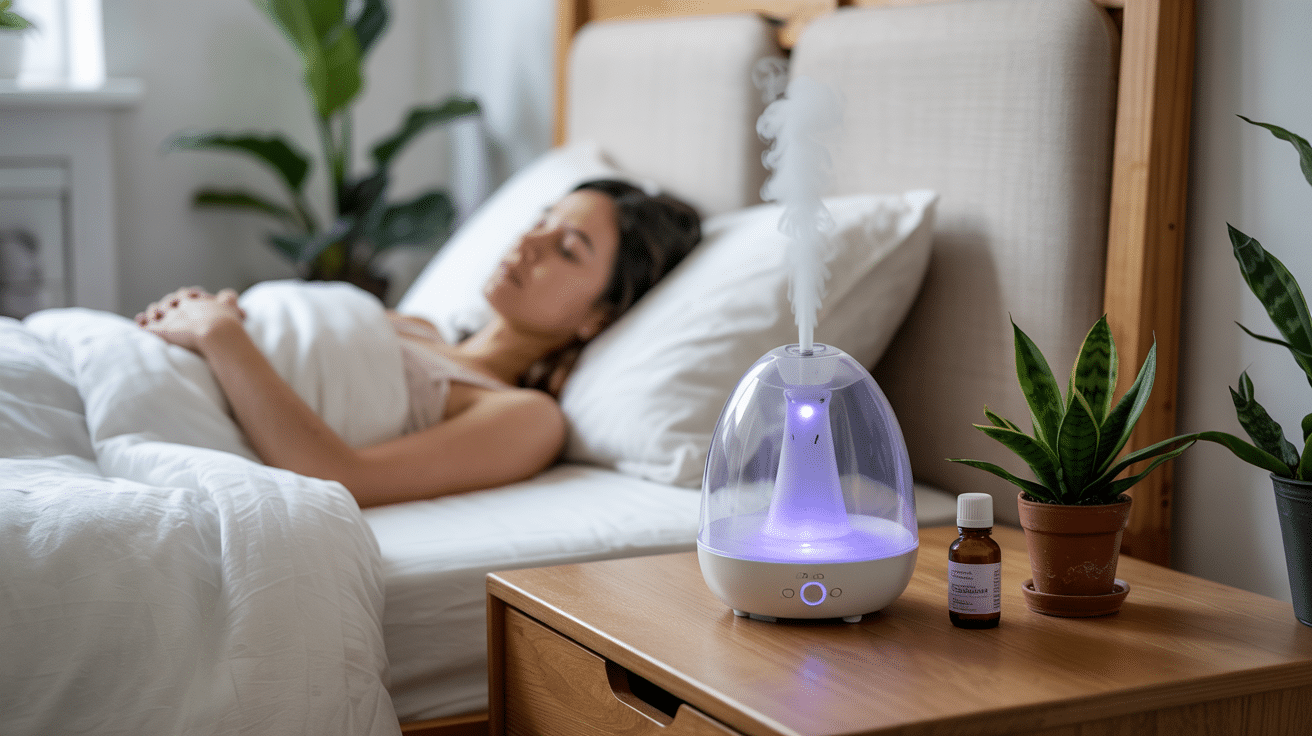

Dry air irritates the nasal passages and throat tissues, increasing inflammation and congestion that worsen sleep apnea.
Adding moisture to your sleeping environment keeps airways more comfortable and reduces irritation. Maintain humidity levels between 40-60% for optimal comfort.
Some people add a few drops of eucalyptus oil to further support clear breathing, though essential oils should be used cautiously around pets.
Pro Tip: Place the humidifier at least three feet from your bed and use distilled water to prevent mineral buildup and ensure clean, pure moisture output.
8. Raising the Head During Sleep
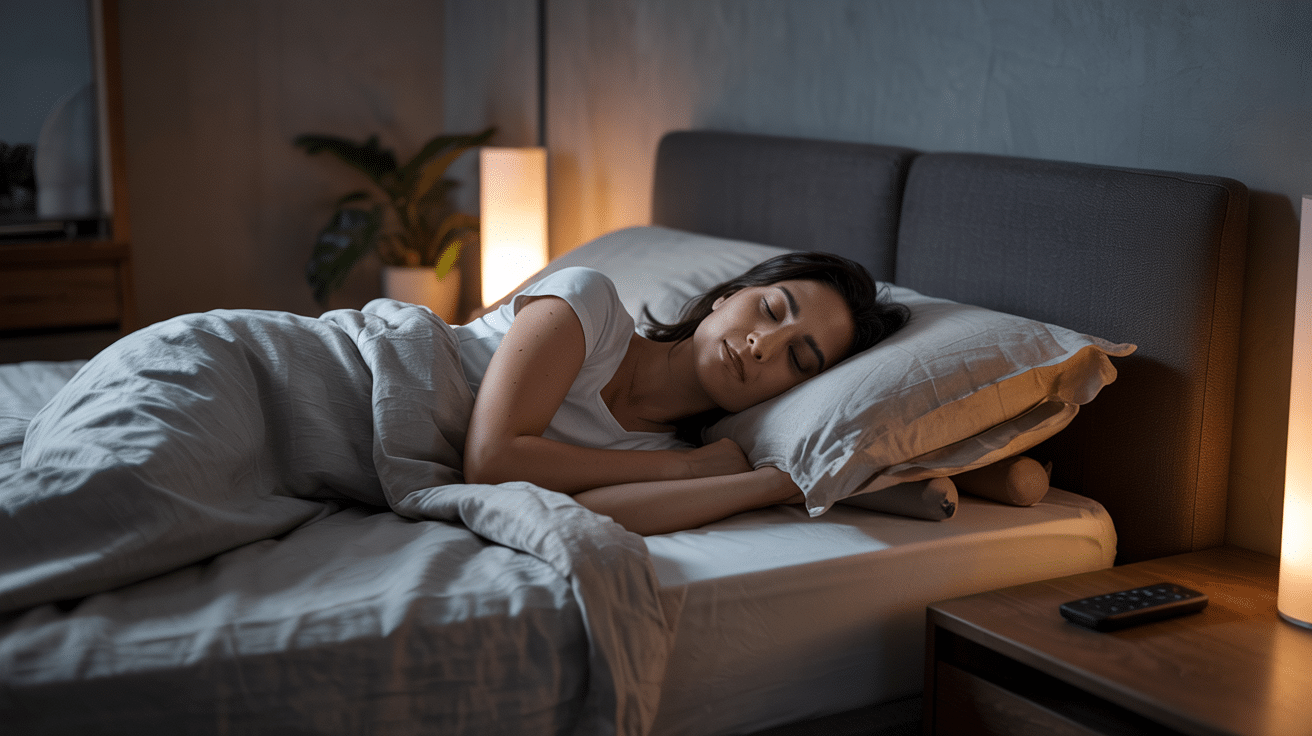

Raising your head 4-6 inches above your body helps gravity work in your favour, keeping airways more open.
Use wedge pillows designed for this purpose, or place blocks under the head of your mattress. Adjustable beds offer the most comfortable solution for many people.
Combined with side sleeping, head elevation can significantly reduce the number of apnea episodes per night.
Pro Tip: Gradually increase elevation over several nights to allow your body to adjust comfortably, starting with 2-3 inches before reaching the optimal 4-6 inch height.
9. Establishing a Consistent Sleep Routine
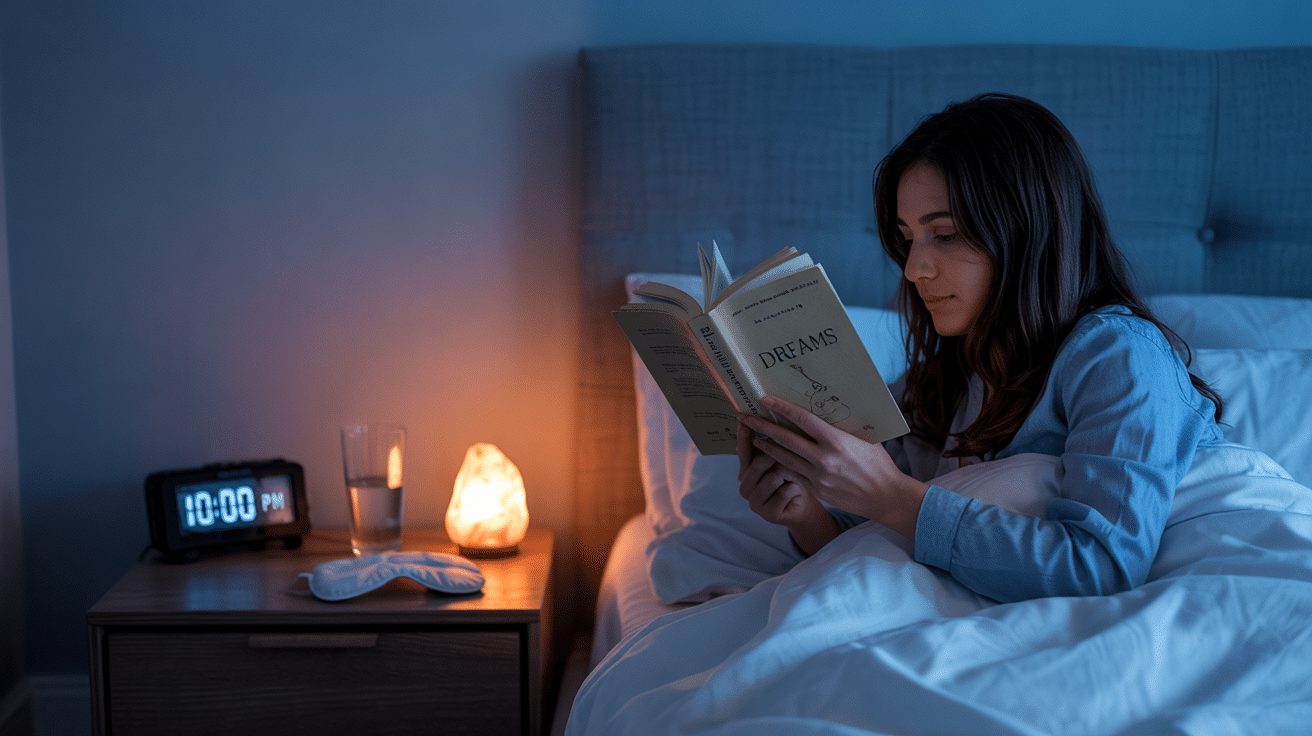

Regular sleep schedules support better sleep quality and may reduce apnea severity. Go to bed and wake up at the same times daily, even on weekends.
Create a calming pre-sleep routine including relaxation techniques, gentle stretching, or reading. Avoid screens for at least an hour before bed, as blue light disrupts natural sleep hormones.
Keep your bedroom cool, dark, and quiet. Consistent, quality sleep helps your body’s natural regulatory systems function better.
Pro Tip: Use blackout curtains and a white noise machine to create an optimal sleep environment, and keep your bedroom temperature between 65-68°F for the restful sleep.
When to See a Doctor or Sleep Specialist
Seek medical attention if you experience severe symptoms like witnessed breathing interruptions, excessive daytime sleepiness affecting daily activities, or cardiovascular symptoms like chest pain or irregular heartbeat.
Morning headaches, difficulty concentrating, or mood changes may also indicate the need for professional evaluation. Sleep studies provide a definitive diagnosis and severity assessment.
Many doctors support combining natural remedies with medical treatments for comprehensive care. Don’t delay seeking help if symptoms worsen or fail to improve with lifestyle changes.
Remember that working with healthcare professionals doesn’t mean abandoning natural approaches.
It means creating a comprehensive plan that maximizes your chances of success.
Small Changes, Big Results
Natural sleep apnea management requires patience and consistency, but the benefits extend far beyond better sleep.
Improved energy, mood, and overall health make the effort worthwhile. Start with one or two remedies and gradually add others as they become habits.
Remember that combining multiple approaches typically yields better results than relying on single remedies alone.
Ready to reclaim your nights and revitalise your days? Start implementing these natural remedies tonight and experience the difference quality sleep can make.
Share this article with someone who struggles with sleep apnea, and don’t forget to consult with your healthcare provider before making significant changes to your sleep routine.


